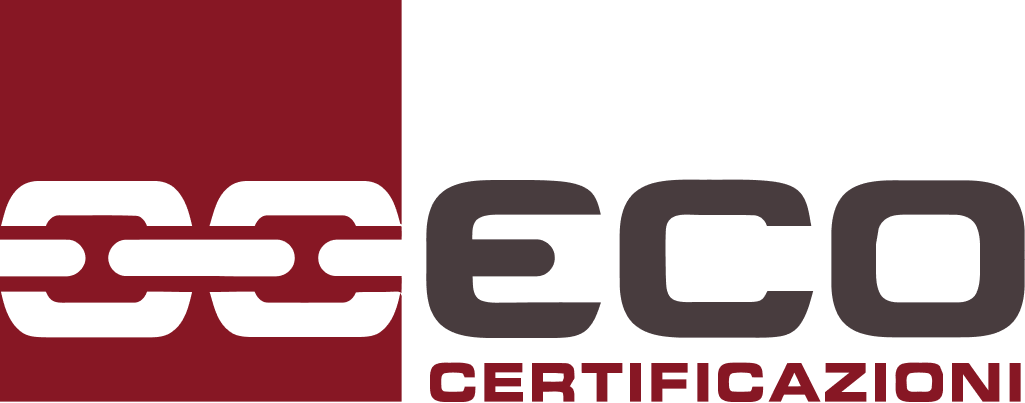Playgrounds and Play Areas
Playgrounds are public or private spaces with slides, swings, teeter-totters, merry-go-rounds, and sand boxes; they are often enhanced with little houses, spring rides, jungle gyms, gyms, water games, towers and bridges, and rope climbing structures and pyramids. These games are often connected in a single thematic structure, which can vary in size.
The areas equipped in this way must be regularly subjected to controls and maintenance, to prevent children and youths from injury while playing.
Some of the causes of this types of accidents can be attributed to the instinct of children to embrace exploration and challenges, which characterises their psycho-motor development. Another cause is the presence of equipment that has been poorly designed and lacks safety protections or is not sufficiently subjected to controls and maintenance.
The concept of safety is not only related to the physical safety of children in terms of traumas and injuries, but also to health issues which may derive from toxic substances present in the construction materials of the equipment.
Obligations for builders
Manufacturers are obliged to market safe equipment, as regulated by standard EN 1176-1 – Playground equipment and surfacing – Part 1: General safety requirements and test methods.
This standard specifies the requirements that manufacturers must follow during the engineering, installation, and assembly of the playground equipment.
Moreover, periodically the playground manager is responsible for charging a third party with the verification of the playground equipment installed in order to guarantee its reliability and safety following its use and wear.
Engineering
ECO carries out control activities directly on the manufacturer’s premises according to the European standards EN 1176-1 and EN 1177-1, evaluating:
- the production of equipment using safe construction materials with no toxic substances that may be harmful to the users’ health;
- the finishing of the equipment, so as to ensure that there are no pointed, sharp, or jutting components or unpolished welding points.
Installation and outfitting
ECO carries out – on behalf of manufacturers and managers – control activities on the playground areas, analysing:
- the installation parameters of the anchoring systems;
- the protection measures against falls, so: railings, balustrades, parapets, specifying the height and the position where they are to be installed;
- the covering of bolts and other fixing elements, if they are accessible;
- protections to prevent trapping of clothes or body parts;
- ease of movement, circulation, and adult intervention;
- the presence of a free space, or the space where the equipment can work and move without interfering with people or objects;
- the presence of a falling space, free of obstacles;
- the use of exhaustive signs with information on the installation and the use of the equipment (age limits, minimum height, maximum weight, etc.); inspection and maintenance of the equipment, contacts of those responsible for the park, and the first aid information.
Periodic Controls
The playground equipment requires careful controls and periodic inspections that are fundamental for maintaining their efficiency and extension of their useful life span. The technical standard EN 1176 speaks of three types of inspection:
- ROUTINE VISUAL INSPECTION: in order to identify evident risks that may result from vandalism, use or atmospheric effects.
- OPERATIONAL INSPECTION: which includes controls aimed at maintaining the level of safety and functionality of the equipment.
- MAIN ANNUAL INSPECTION: an in-depth inspection on the status of the overall safety of the area with a periodicity of no longer than one calendar year. This inspection also invests the control of the structural elements, like foundations, play columns, etc….
ECO, through a network of qualified expert technicians, carries out main annual inspection pursuant to the EN 1176 standard.


